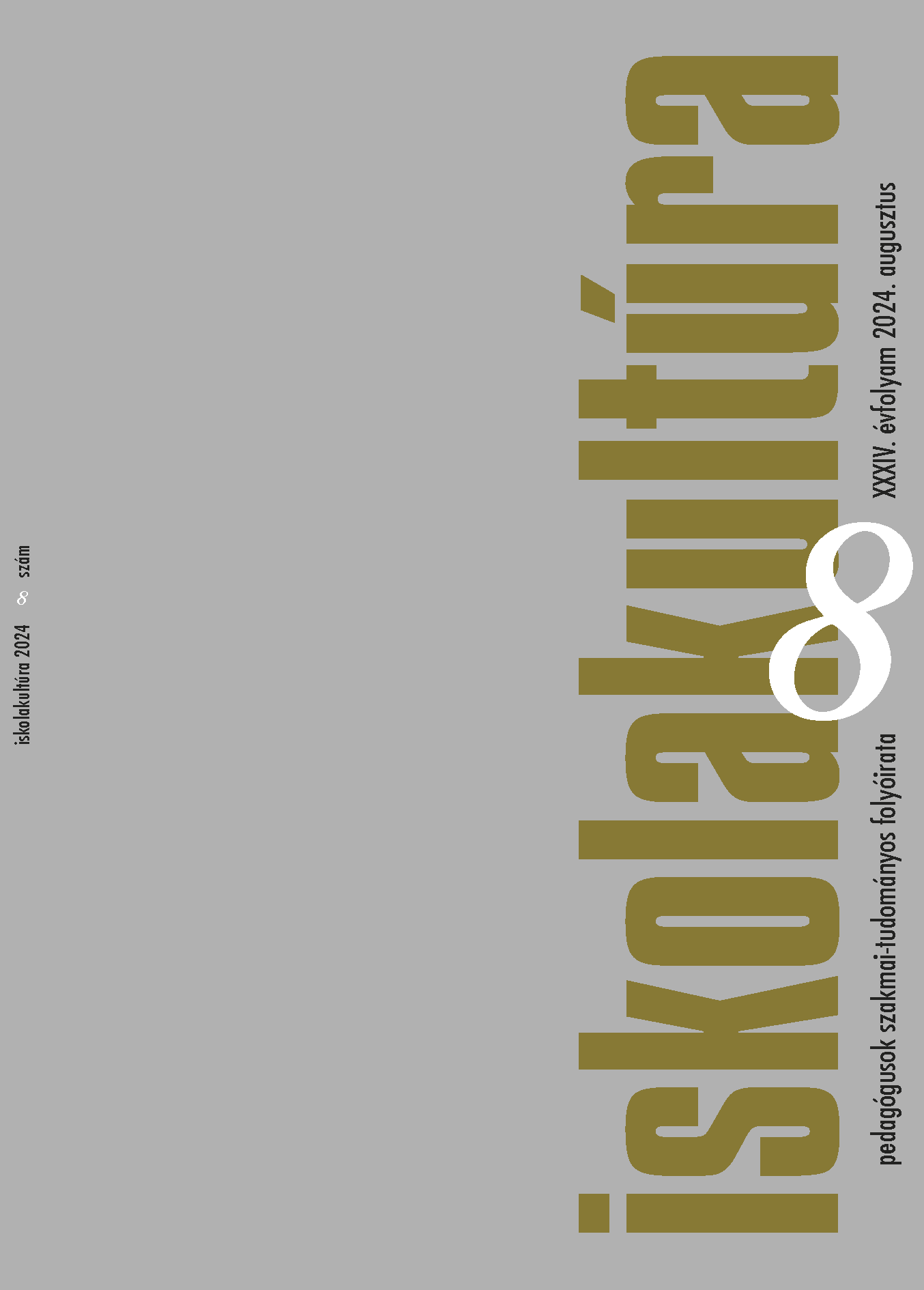The development of education for children with intellectual disabilities in Hungary in the context of international institutional development processes
Main Article Content
Abstract
This study examines the domestic institutionalization process of educating and raising children with intellectual disabilities, focusing on the innovative elements of institutional education beyond compulsory schooling. It considers how the development of the Hungarian institutional network aligned with the general developmental trends of European systems created for the education of children with intellectual disabilities. Our methodology is based on qualitative thematic analysis, exploring discourses related to the education of children with intellectual disabilities appearing in Hungary during the dualistic era. We analyzed the bulletins of the “Képezhető Hülyék- és Gyengeelméjűek Budapesti Országos Magyar Királyi Nevelő- és Tanintézete” from 1897, as well as the monthly issues of “Magyar Paedagogia” from 1892 to 1920, the weekly or bi-weekly issues of “Néptanítók Lapja” from 1868 to 1920, and the monthly issues of “Magyar Gyógypedagógia” from 1909 to 1938, treating them as crucial sources. The significance of the research lies in its interdisciplinary approach, providing comprehensive additional knowledge to the existing history of education and special education. Throughout the exposition of the topic, it places the development of domestic institutions for children with intellectual disabilities in an international context and nuances the contemporary perceptions of children with intellectual disabilities.

